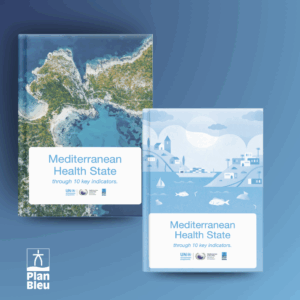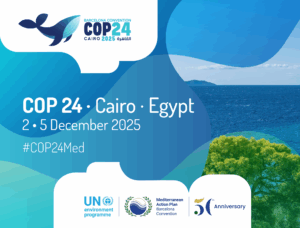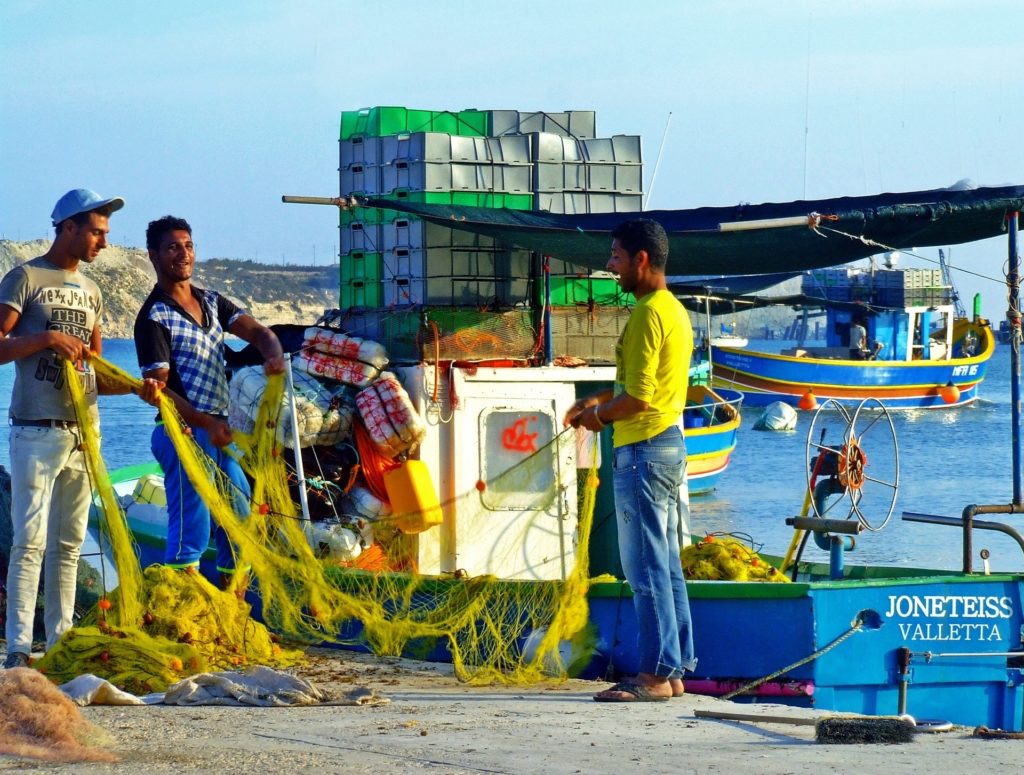Blue economy: A new frontier for growth and a healthy Mediterranean
Major economic activities rely on the Mediterranean marine and maritime base: tourism and recreational activities; fisheries and aquaculture; maritime civilian and military transport and port activities; bio-prospecting or exploitation of biological resources; exploitation of energy sources. With 46 000 km of coastline and unique marine resources (including in the high sea), the Mediterranean region hosts a Blue Economy with total value estimated at USD 5.6 trillion and generates an annual economic value of USD 450 billion.
A number of experts see Blue Economy as a new growth frontier, a kind of Eldorado with an expected tripling of its value added between 2010 and 2030. And this in a context of reduced world growth and of search for sources of economic expansion by many governments. Growth is particularly expected in marine aquaculture, offshore wind energy, fish processing and shipbuilding repair and dismantling.
These economic activities pose particular threats to the health of the Mediterranean Sea including: i) acidification, sea temperature and level increases, shifts in currents, biodiversity resource and habitat losses, ii) pollution and iii) overfishing and other resource sustainability and efficiency issues. The region is linked with the rest of the world realities, through major straits or canals (Gibraltar, Turkish straits, Suez Canal) and through economic and demographic interdependencies.
In this context, a sustainable and inclusive blue economy is all the more necessary, with low polluting, resource-efficient and circular features. A sustainable and inclusive blue economy can provide a positive contribution to the development of the Mediterranean region. The UN 2030 sustainable development agenda includes a Sustainable Development Goal 14 on the conservation and sustainable use of oceans, seas and marine resources. Further, the Mediterranean Strategy for Sustainable Development (2016-2025) targets Blue Economy with an Objective 1 (Ensuring sustainable development in marine and coastal areas) and an Objective 5 (Transition towards a green and blue economy).
A blue economy is to be considered in relation to international agreements relating to oceans, worldwide (e.g. Law of the Sea) and regionally (e.g. Barcelona Convention). And also in relation to international scientific progress on oceans and the Mediterranean Sea.
Blue economy is a major work pillar of Plan Bleu. The 2020-2021 activities of Plan Bleu in the blue economy sector focus on the following sub-themes:
– Desalination
Click on each sub-topic to learn more.













